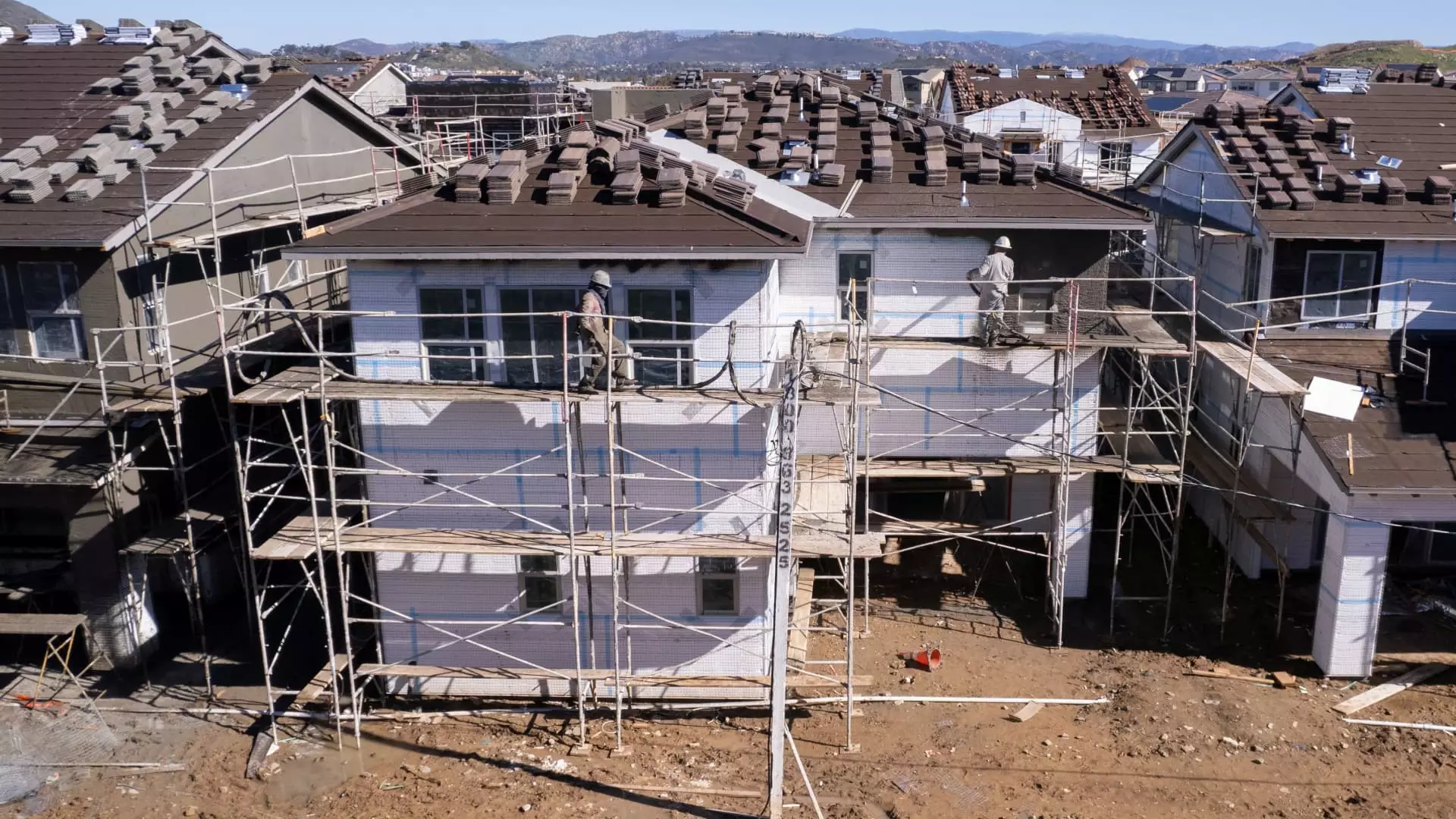In recent years, top homebuilders like D.R. Horton and Lennar have seen their shareholder returns surpass the performance of the wider S&P 500. However, analysts have recently downgraded the investment outlook for these companies, raising concerns about their future growth potential. Despite this, some investors remain optimistic about the industry’s prospects for performance in the housing market.
Industry observers point out that the market positions of top homebuilders have strengthened since the 2007-2008 financial crisis. Stimulus packages in the early 2010s provided a significant liquidity boost to many homebuilders, allowing them to use these resources to expand and grow their businesses. This growth has led to a decrease in competition among homebuilders, contributing to the current U.S. housing shortage.
Research suggests that the United States needs to rapidly build millions of new homes to address the rising housing prices and supply shortage. Estimates vary, with some experts suggesting a shortage of anywhere from 2 to 20 million housing units. The permit approval process, particularly in areas with restrictive zoning laws, has been identified as a key factor slowing down new construction projects.
The differences in land availability and regulatory environments have a significant impact on home sales and construction activities. Areas with more open land and looser regulations, such as Texas, tend to see more home sales compared to regions with stricter zoning laws like California. The length of time it takes to make land decisions can vary drastically between states, with some areas experiencing delays that last decades.
Permits and starts of new residential projects have decreased from the highs of 2021, as elevated mortgage rates and rapid home price inflation have deterred many potential buyers from entering the market. The contrasting views of policymakers, such as Vice President Kamala Harris and former President Donald Trump, on zoning reform may also influence the pace of residential construction. Harris has called for relaxations in restrictive zoning laws and subsidies for builders to construct 3 million new homes, while Trump has criticized efforts to introduce more dense housing in suburban areas.
The future of homebuilders in the housing market is complex, with various challenges and opportunities ahead. As the industry grapples with the housing shortage and regulatory barriers, it is essential for companies to adapt and innovate to meet the evolving needs of homebuyers. Policymakers also play a crucial role in shaping the future of residential construction through zoning reforms and incentivizing new home developments. Ultimately, the success of homebuilders will depend on their ability to navigate these challenges and capitalize on growth opportunities in the housing market.


Leave a Reply